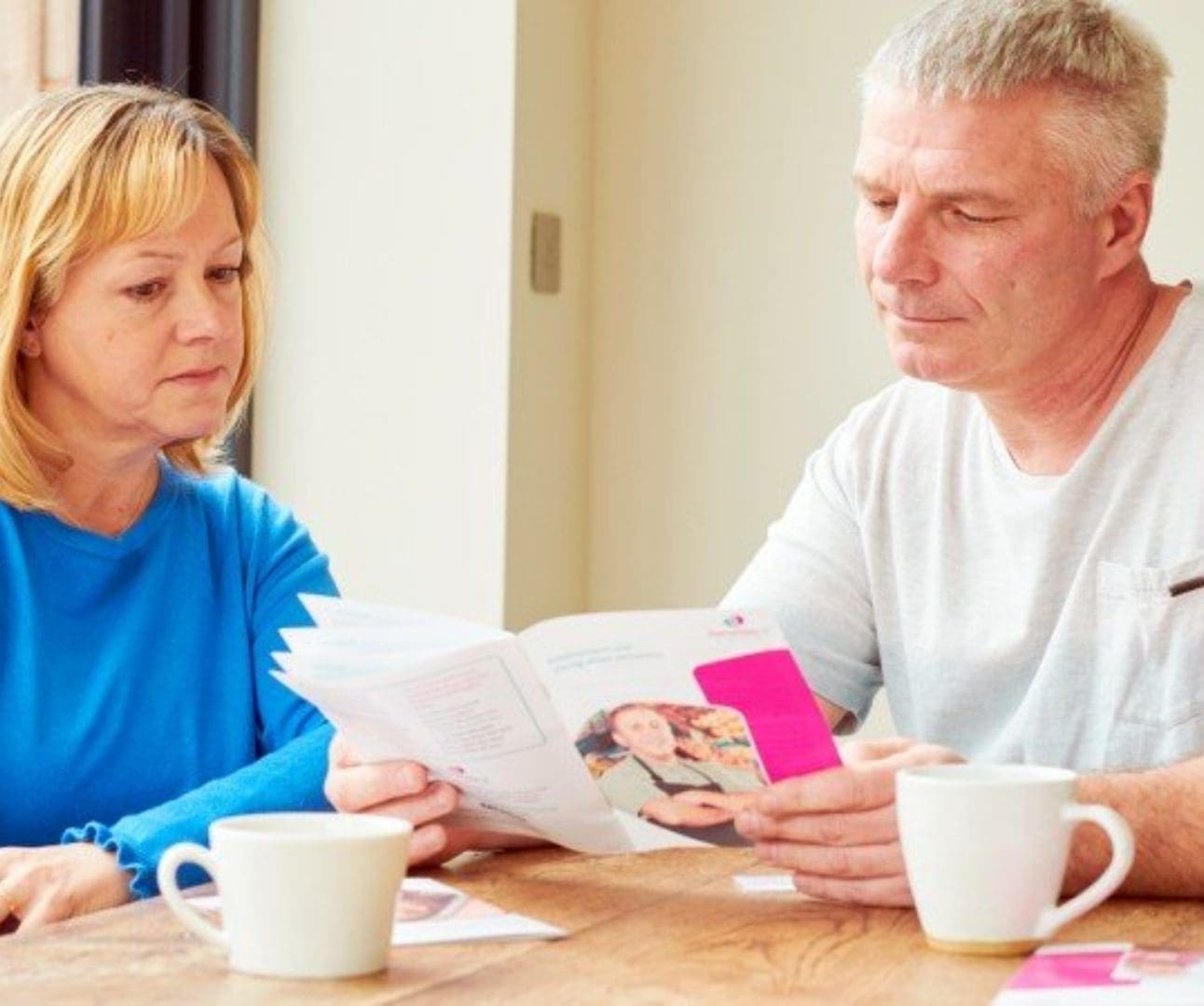How to communicate with someone with dementia remotely
Our advice for communicating with a person who has dementia remotely – whether it's via a video call or on the telephone.
Showing: 10 results of 445 for Lewy body dementia
Our advice for communicating with a person who has dementia remotely – whether it's via a video call or on the telephone.

For people with dementia, music can be a powerful way to trigger positive feelings and connect with other people.
Understand what doll therapy is and why it may be beneficial for someone with dementia.
Find out more about mixed dementia, what causes it, how it develops, and what you can do to manage its symptoms.
Caring for a person with dementia can be challenging. There are various options open to you to get some additional support.
The Young Dementia Network was established in 2016 and is a collaboration between people affected by and working in the field of young onset dementia....

Head of Research and Publications at Dementia UK, Dr. Karen Harrison Dening, introduces this blog post pointing to why meaningful activities are so important for...

Information and resources about young onset dementia, where symptoms develop before the age of 65.
Understand more about Huntington's Disease, including its link with dementia, symptoms and diagnosis.

Call or email our Dementia Helpline/Alzheimer's Helpline for reassuring and practical advice from our specialist team of Admiral Nurses.